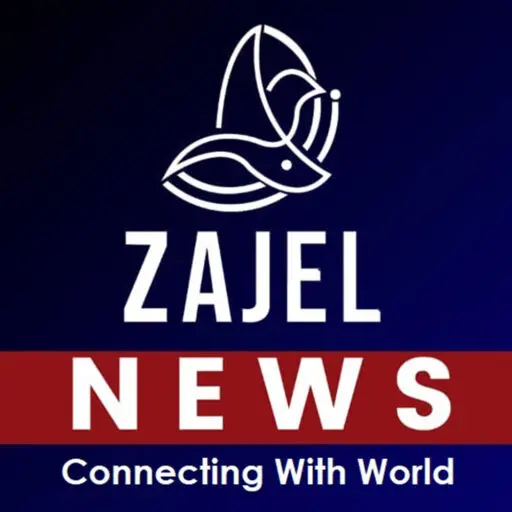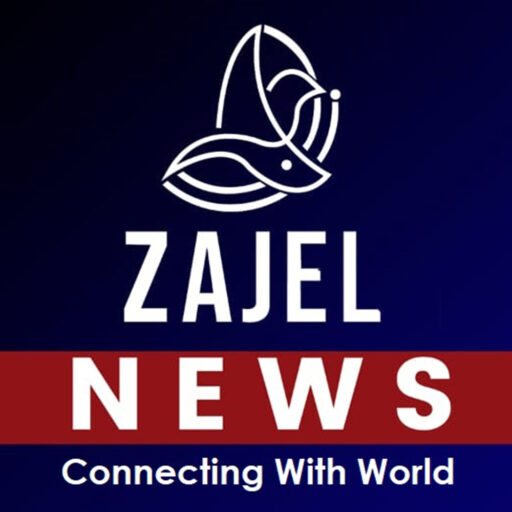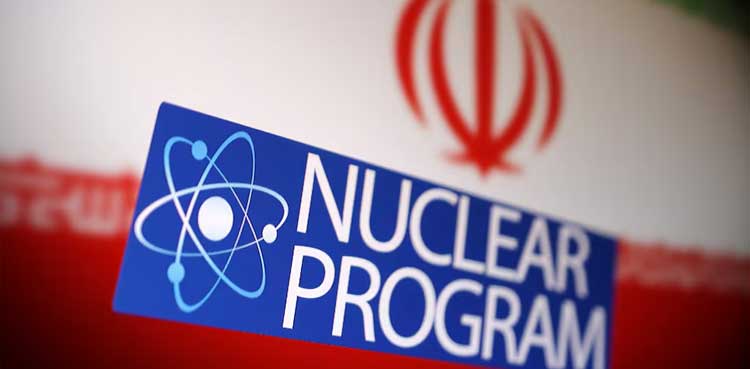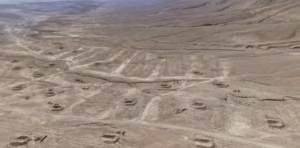After a week of high-level diplomacy at the UN General Assembly, Western nations did not see enough progress to agree to a postponement, despite the UN nuclear watchdog’s announcement on Friday that inspectors had been permitted to return to Iranian installations. Iran called for consultations with its envoys in Britain, France, and Germany on Saturday, according to state media, following the three nations’ activation of a mechanism that reinstated broad UN sanctions against the Islamic republic. Iran’s ambassadors to Germany, France, and the United Kingdom have been called to Tehran for consultations in response to the three European nations’ reckless decision to reintroduce UN Security Council resolutions that had been annulled, according to state media.
A month ago, European powers accused Iran of not coming transparent about its nuclear program, notably by taking countermeasures in reaction to US and Israeli bombings. This set the clock in motion for the “snapback” of the UN sanctions. At 8:00 p.m. on Saturday in New York, or 0000 GMT on Sunday, the sanctions are scheduled to take effect. They will impose a worldwide prohibition on collaborating with businesses, individuals, and groups suspected of creating Iran’s ballistic missiles or nuclear program. When Israel and the United States were trying to use pressure to overthrow the Islamic republic, Iranian President Masoud Pezeshkian stated that there was no reason to make a compromise.
Pezeshkian reiterated his insistence that Iran will never pursue nuclear weapons, telling reporters, “If the goal had been to resolve concerns on the nuclear program, we could easily do that.” According to Pezeshkian, who met with French President Emmanuel Macron this week, France has suggested that Iran surrender its highly enriched uranium stockpile in exchange for a one-month reprieve from sanctions. He questioned, “Why would we put ourselves in such a predicament and have a noose around our neck every month?” He charged that the US was pressuring the Europeans to avoid a settlement.
Trump’s friend and go-to negotiator Steve Witkoff had stated that the US was amenable to more discussions and did not want to harm Iran. However, Pezeshkian accused Witkoff of being unsincere, claiming that he had reneged on pledges made in previous negotiations that had abruptly ended when Israel began its military operation. No enforcement from Russia It is unclear if all nations would implement the measures, which are intended to put Iran under more economic pressure. On Friday, Russian deputy ambassador Dmitry Polyansky stated that Moscow, one of Iran’s closest allies, viewed the reinstatement of sanctions as “null and void.” China and Russia attempted to get enough votes at the Security Council on Friday to postpone the reimposition of sanctions until April.
Although Chinese corporations have resisted the pressure, the United States has already imposed unilateral sanctions on Iran and attempted to get all other nations to cease purchasing Iranian oil. Following Trump’s departure, Britain, France, and Germany backed the 2015 agreement, which suspended the UN penalties. The latest sanctions represent a “snapback” to those agreements. According to a report by the International Crisis Group, a group that researches conflict resolution, Iran appeared to be dismissive of the retaliation since it had already adapted to the US sanctions. However, it pointed out that the snapback was difficult to undo because the Security Council would need to agree.
In a strong speech to the UN on Friday, Israeli Prime Minister Benjamin Netanyahu called for an immediate retaliation and implied that Israel would be prepared to hit Iran’s nuclear program once more following the 12-day bombing in June that Iranian officials claim killed over 1,000 people. Pezeshkian warned that unidentified powers were looking for a “superficial pretext to set the region ablaze,” but he claimed Iran would not fight against the sanctions by withdrawing from the nuclear Non-Proliferation Treaty.



















